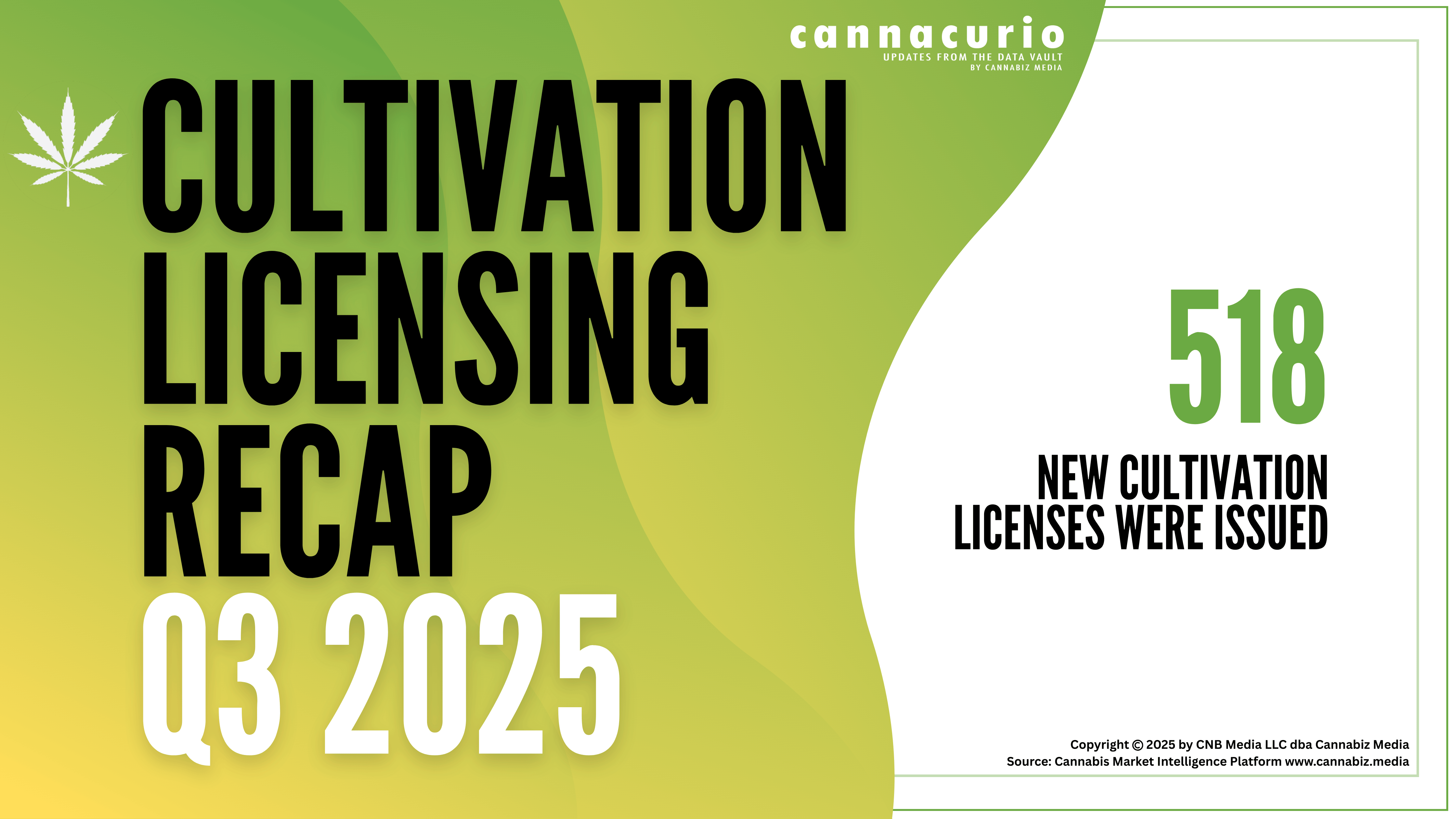
Integrating Artificial Intelligence into Cannabis Sales
According to PWC’s Global Artificial Intelligence Study: Exploiting the AI Revolution report, artificial intelligence (AI) could contribute up to $15.7 trillion to the global economy by 2030 and increase the global GDP by 14%. Already, automation, artificial intelligence, and machine learning are becoming commonplace in the cannabis industry as more innovative technology is launched across the supply chain.
Marijuana sales is just one stop on the path from seed to sale where artificial intelligence is having a significant effect. From speeding up processes, reducing errors, and saving money, artificial intelligence is changing the way cannabis businesses operate and sell.
However, integrating artificial intelligence into the cannabis industry isn’t without its challenges. Let’s take a closer look at some specific ways artificial intelligence is impacting the cannabis supply chain and the primary obstacles businesses face from the growth of automation, machine learning, predictive analytics, and artificial intelligence.
Artificial Intelligence in B2C Cannabis Sales
In recent years, artificial intelligence and machine learning have become essential to businesses that want to display the most relevant products and services to consumers when they visit companies’ websites. When artificial intelligence is working behind the scenes to match visitors to the items they’re most likely to purchase and displaying those items in real time, sales and revenue will increase.
In addition, a growing number of AI-powered apps, chatbots, and websites are launching to help marijuana customers find the products they need. This helps cannabis businesses improve sales and customer relations online as well as in brick-and-mortar dispensaries and retail locations.
For example, Potbot is a mobile app available in Apple’s App Store and the Google Play Store that uses artificial intelligence to sort through tens of thousands of cannabis strains, read peer-reviewed medical journals to analyze studies on cannabinoids, and pair that information with dozens of symptoms, such as asthma and insomnia, to find which type is best to treat the specific condition.
Blinx AI uses artificial intelligence in its pharmaceutical application to analyze the amount of THC in cannabis products. The AI looks for patterns and commonalities between cannabis strains. The data helps medical marijuana patients understand the levels of active compounds, monitor their dosages, and have more control over their medications.
Another example is Lucid Green’s QR code technology, LucidID. Cannabis brands can add a custom QR code to their product packaging that consumers can scan and instantly access information about potency, customer and patient reviews, dosage recommendations, expected effects, batch number, lab testing, and more.
For dispensaries and retailers, Budster connects directly with the point-of-sale system and uses artificial intelligence to assesses the health of the business and determine the true value of each customer. It also provides AI-generated offers and business insights to increase customer loyalty, sales, and revenue.
Artificial Intelligence in B2B Cannabis Sales
B2B sales in the cannabis industry have also changed in recent years thanks to artificial intelligence, predictive analytics, and machine learning. As a result, workflows have been streamlined, tasks have been automated, and sales teams can focus more of their time on revenue-generating activities.
For businesses that sell to cannabis license holders, the Cannabiz Media License Database is the only sales, customer relationship management (CRM), and marketing tool that leverages AI and machine learning to help sales people do their jobs more efficiently and more successfully.
AI is already being implemented across all stages of the cannabis supply chain. For cultivators, tools like Bloom Automation and Budscout are improving processes and outcomes. Bloom Automation, uses patented artificial intelligence, machine learning, and computer vision to help cannabis businesses automate many grow room tasks. For example, the Bloom Automation team created an algorithm to quickly and precisely trim cannabis branches robotically.
Budscout helps cultivators increase sales and revenue by detecting problems early. The Budscout robot monitors crops on an hourly basis and reports environmental metrics. Using a proprietary algorithm, the technology can detect plant health problems up to 14 days sooner than a person can. In addition, Budscout uses artificial intelligence to measure the size and quantity of buds on plants and predicts the expected yield many months in advance.
Sales and Business Data to Reduce Investment Risk
Since sales play such a vital role in a cannabis business’ success, it’s important to consider how artificial intelligence is affecting investors and risk management in the industry.
VantagePoint, a software company offering programs that predict stock market changes, integrated cannabis stocks in the United States and Canada into its platform in 2019. Using artificial intelligence, VantagePoint identifies patterns in the data that can be used to make more accurate forecasts and investment decisions.
Adherence Compliance, which offers a mobile and cloud app for marijuana regulatory and financial compliance, uses artificial intelligence, predictive analytics, and machine learning algorithms to help cannabis business stakeholders assess business risk.
Challenges of Artificial Intelligence
Businesses operating in the cannabis industry experience similar challenges when integrating artificial intelligence into their operations as businesses in other industries do. The three primary challenges are related to people, data collection, and data reliability and security.
The companies that can successfully navigate these changes will be positioned to exploit the benefits of artificial intelligence, automation, predictive analytics, and machine learning for growth and cost savings.
People Challenges
With new technology, including technology that uses artificial intelligence, there is an employee learning curve. For businesses, this equates to training costs and possibly hiring costs if the required talent isn’t already on staff. Many companies could see significant training costs as well as unavoidable employee turnover when artificial intelligence technology is implemented.
Data Collection Challenges
Artificial intelligence technology requires data in order to successfully integrate it into a business’ daily operations. For many companies, finding the budget to collect, standardize, and effectively index this data is a big problem. However, the benefits of doing so are worth it in the long-term.
Data Reliability and Security Challenges
Data is often only useful if it’s current, and for many businesses, continuously collecting data to ensure it’s reliable for decision-making presents a significant challenge. In addition, privacy and security concerns add another layer to the complexity of managing artificial intelligence technology used in business operations.
Despite these challenges, artificial intelligence technology is the future, and cannabis businesses that begin integrating it into their operations could set themselves up for great success in years to come when competitors that have yet to leverage artificial intelligence technology fall behind.
Conclusion
Artificial intelligence and machine learning are becoming critical components of a cannabis company’s business strategy and with good reason. AI delivers measurable benefits through increased productivity and improved employee decision-making.
Furthermore, the data used in artificial intelligence technology enables businesses to deliver more personalized consumer experiences as well as higher quality products and services. This is true in the cannabis industry as it is in other industries that leverage the power of artificial intelligence.
One thing is certain, if a company has access to artificial intelligence, it has a significant competitive advantage in the marketplace over companies that do not have the same (or better) predictive, real-time data.
Originally published 6/7/18. Updated 3/10/23.

.png)

